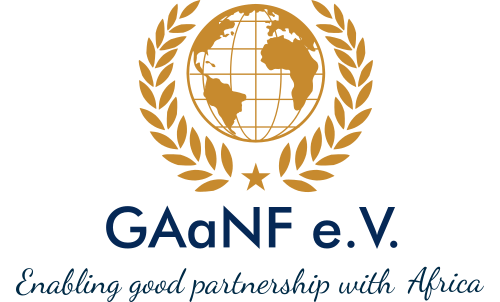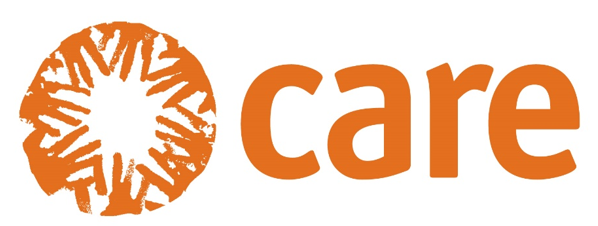FAQ
FAQ - terms and definitions
-
What is a visa?
Third-country nationals generally need a visa to enter Germany. The visa must be applied for at the German embassy or consulate in the country of origin before travelling. There are different types of visas, depending on whether you are coming to Germany to study, work, visit or for other reasons.
-
What is a residence permit?
Third-country nationals may stay in Germany for a maximum of 90 days within a period of 180 days without a visa. A residence permit is required for a longer stay.
-
What is a purpose of stay?
With every application for a residence permit, it must first be clarified for what purpose you want to enter Germany. The most common purposes of residence are work, study or family reunification. Depending on the purpose for which you want to enter the country, it will then be checked which requirements must be met. In addition, the purpose of the stay is also important for the duration of the stay and for the possibility of extending or changing the residence permit. If the purpose of your stay changes, you may have to apply for a new residence permit.
-
What is vocational training?
Vocational training is designed to prepare you for a specific job. It consists of practical training in the company and a theoretical part in the vocational school. The aim of vocational training is to provide trainees with the technical skills, knowledge and abilities that are required to practice a specific profession. The focus is on practice-oriented training, in which the trainee learns the practical skills under the guidance of an experienced skilled worker or master craftsman. After successfully completing the vocational training, the trainees receive a vocational qualification that enables them to practice the profession they have learned. The duration of vocational training varies depending on the occupation and is usually between two and three years.
-
What is an academic education?
This usually refers to studying at a university or college. In an academic education, one acquires knowledge and skills in a specific subject area through lectures, seminars, practical exercises and research projects. After an average of four years, students acquire a bachelor's degree and after another one to two years a master's degree. In some cases, one can also earn a doctorate or PhD, which usually takes three to five years and requires intensive research.
-
What is a blocked account?
A blocked account is a bank account in which access to the account balance is not possible or only possible to a limited extent. In the visa application process, a blocked account serves as proof of sufficient financial resources to finance the planned stay.
-
What is a declaration of commitment?
If you do not have the financial means to finance your stay in Germany, family members from Germany can submit a declaration of commitment to a German immigration authority for you. This person hereby undertakes to be financially liable or guarantor for you. One often speaks of an invitation to Germany.





